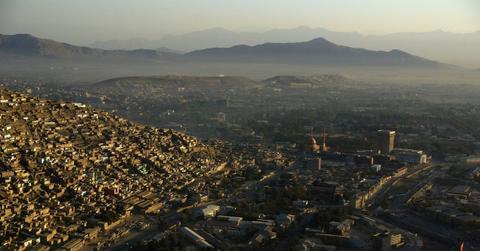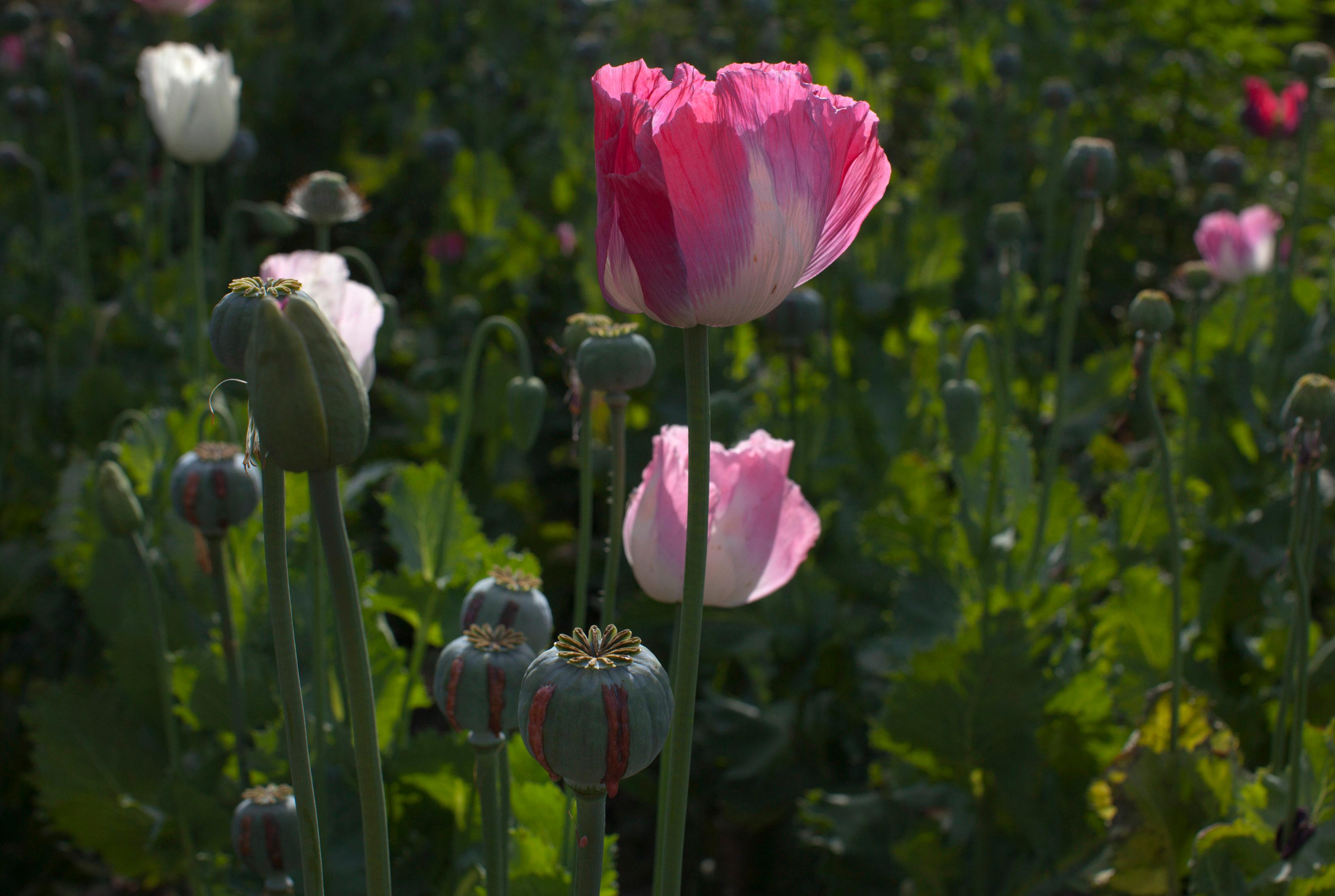Breaking Down the Taliban's Finances and Huge Money Stream
The Taliban is in Kabul, Afghanistan, and the terrorist organization is getting their money from somewhere. Who's financing the Taliban?
Aug. 16 2021, Published 10:47 a.m. ET
Since 1994, the Taliban has played an integral role in Afghanistan's struggles. As of Aug. 15, The Deobandi Islamist movement and military organization has officially entered Kabul and is taking over Afghanistan. President Ashraf Ghani gave up power and dissolved the government when he fled to an unknown destination.
The Taliban operates under Sharia law, which doesn't allow for politics. This means they don't accept direct funds for their operation. Instead, the Taliban pays officials and soldiers in food, clothes, shoes, and weapons. However, that all of that costs money, so who and what is financing the Taliban's terrorist agenda?
According to the U.N., narcotics help the Taliban achieve financial independence
A UN report says that criminal activities like "drug trafficking and opium poppy production" are key contributors to the Taliban's independent financial situation.
The Taliban earns so much from poppy production that the U.S. has spent at least $8 billion on opium deprivation efforts alone. Mainly, this meant attempting to destroy crops and labs.
Afghanistan continues to lead the world in opium production, and the Taliban continues to profit.
With opium production included in the equation, the Taliban generates an estimated income of $300 million–$1.6 billion annually. This is clearly a wide estimate, but the Taliban keeps the logistics of the income under wraps for obvious reasons.
Other criminal activities help the Taliban earn funds
Other criminal activities outside of drug trafficking and opium production include extortion and kidnapping for ransom.
The Taliban's extortion efforts target infrastructure services, but the group also kidnaps and kills individual employees and management personnel of infrastructure companies. The Taliban destroys mobile telecommunication masts and electricity towers to undermine the government and keep private companies from partnering with officials.
Mining, natural resources, and forced tax collection
Since taking his role in 2015, Taliban leader Mullah Yaqub has made an effort to earn profit from controlling unexplored domestic regions that are rich with minerals for mining. One UN country estimated that the Taliban earned as much as $464 million from mining in 2020.
Afghan residents in Taliban-occupied areas are forced to pay taxes to the Taliban. With the country's government gone, the entire country will be subject to these taxes.
In 2020, 47 percent of Afghans were in poverty, up from 36 percent in 2007, according to The World Bank. Not only is this a sign that international interference wasn't effective as countries intended it to be, but it also suggests a worsening situation for increasingly financially strained people.
"Charitable donations" from NGOs and wealthy individuals play a big role in financing the Taliban
The Taliban doesn't do it all on their own. External non-governmental organizations and wealthy individuals support them financially. This supplements the Taliban's illicit income streams. Moving forward, the Taliban views governments like China and Pakistan as potential economic supporters.
There's a lot of talk about the trillions of dollars that the U.S. government has spent on the Afghanistan war that has lasted for decades. The spending has increased the U.S. debt ceiling. However, the Taliban has also fought with money. Knowing where that financing stems from helps outsiders understand the depth of the Taliban's impact and the distress that's already coming from this unfettered rule.


